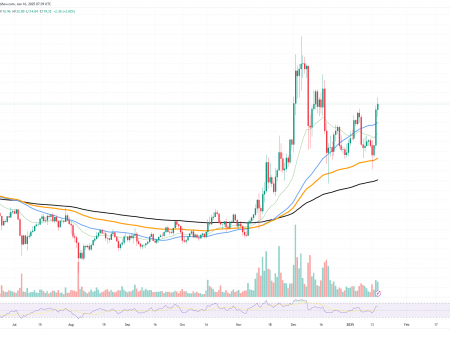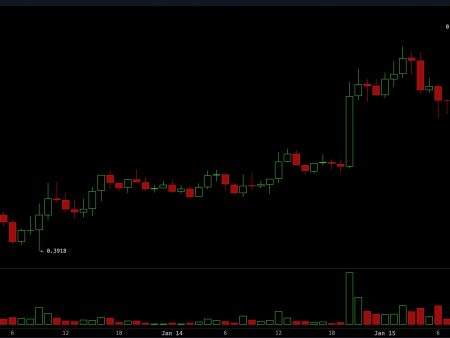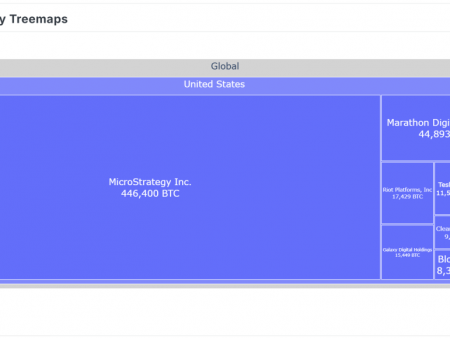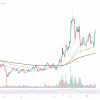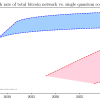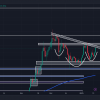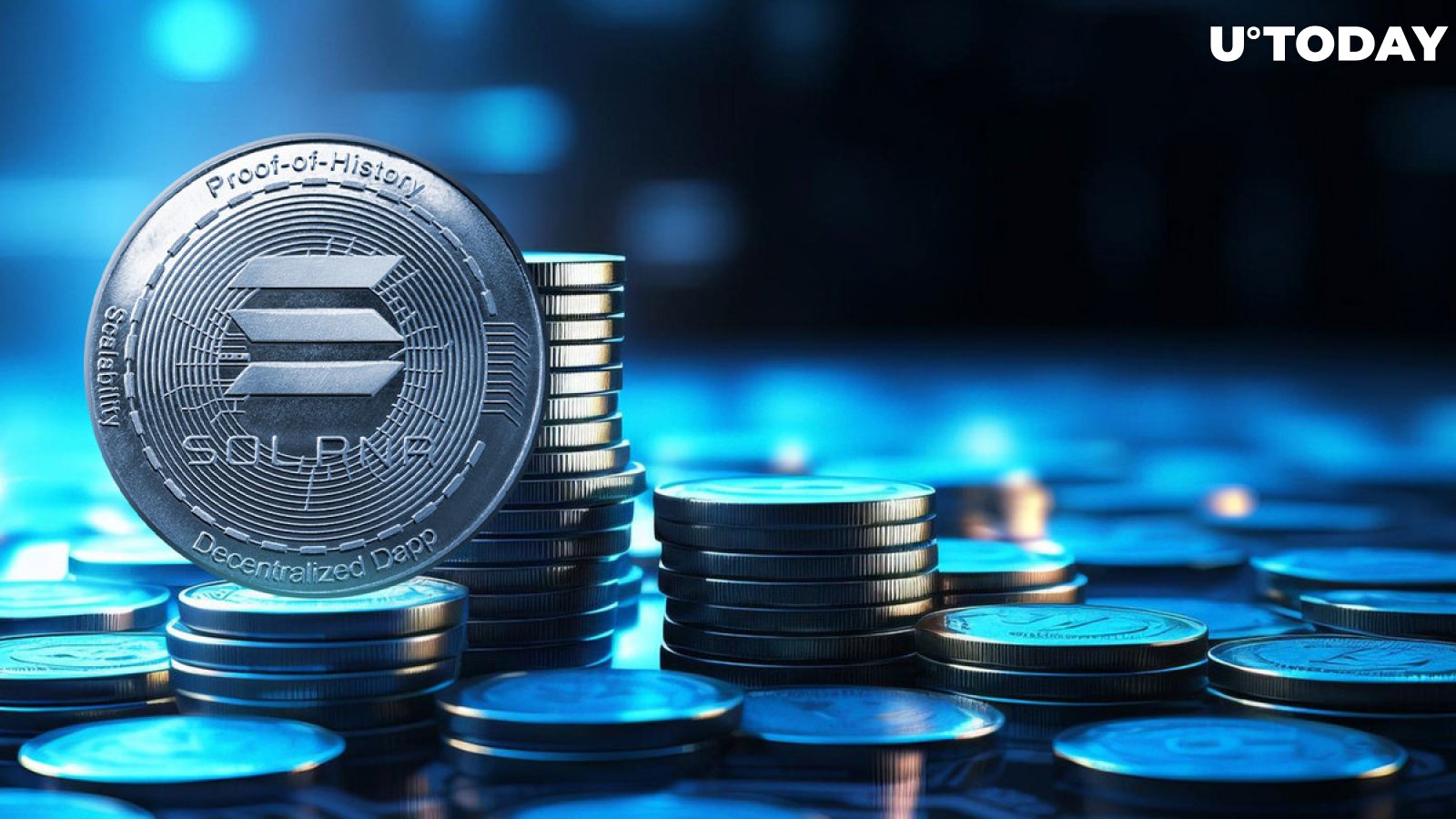
To improve the fairness and integrity of its network, Solana is taking important steps. The Solana Foundation’s recent action to highlight validators found to be sharing mempool transactions was somewhat unexpected.
To improve the fairness and integrity of its network, Solana is taking important steps. The Solana Foundation’s recent action to highlight validators found to be sharing mempool transactions was somewhat unexpected.
This measure is one component of a broader initiative to reduce the Maximum Extractable Value (MEV) and preserve a trustworthy ecosystem.
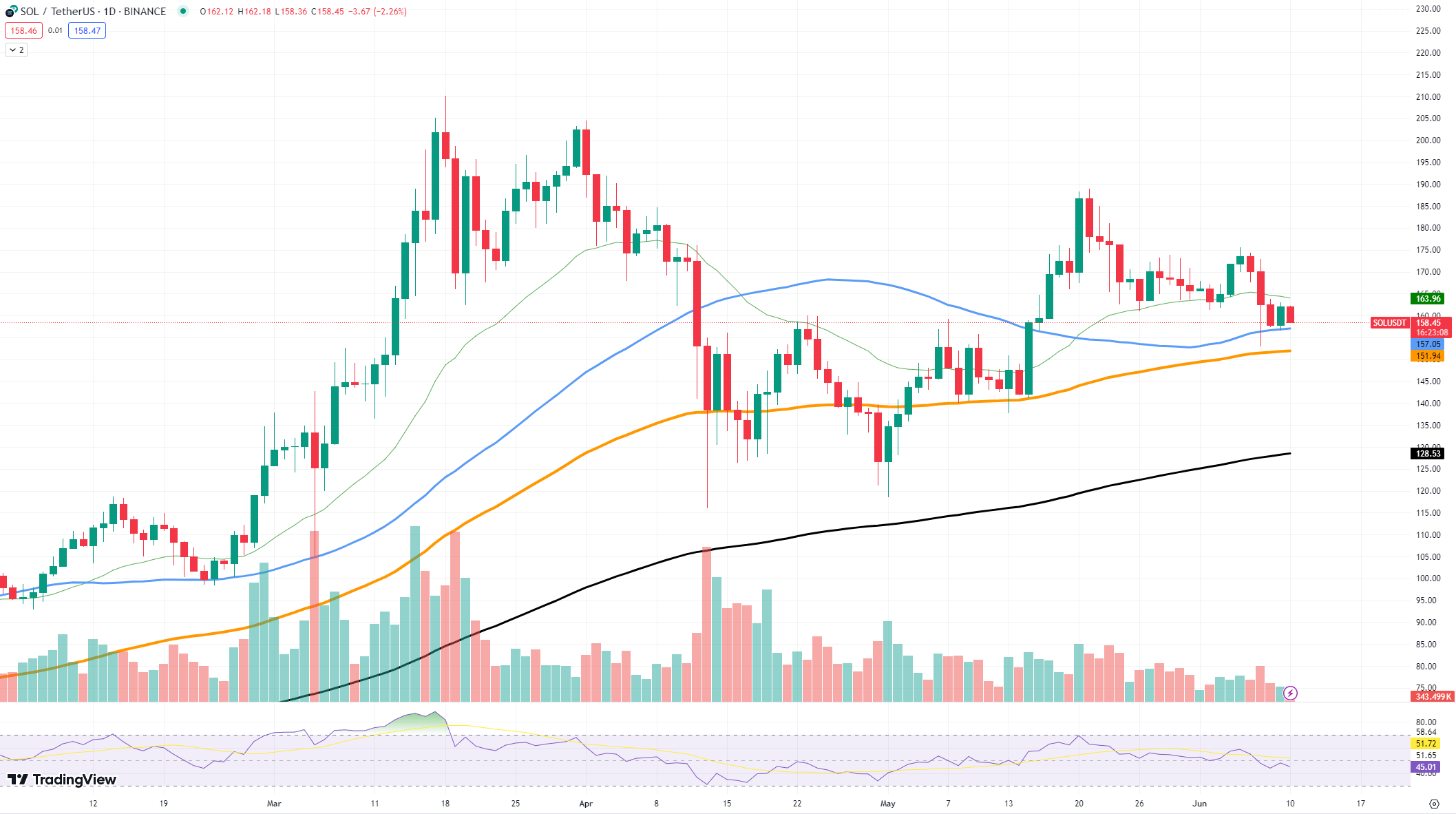
Due to the exchange of mempool transactions, several operators were removed from the Solana Foundation Delegation Program. Sharing them can lead to MEV-related actions, such as sandwich attacks, in which a malicious actor surrounds a victim’s transaction to take advantage of price fluctuations.
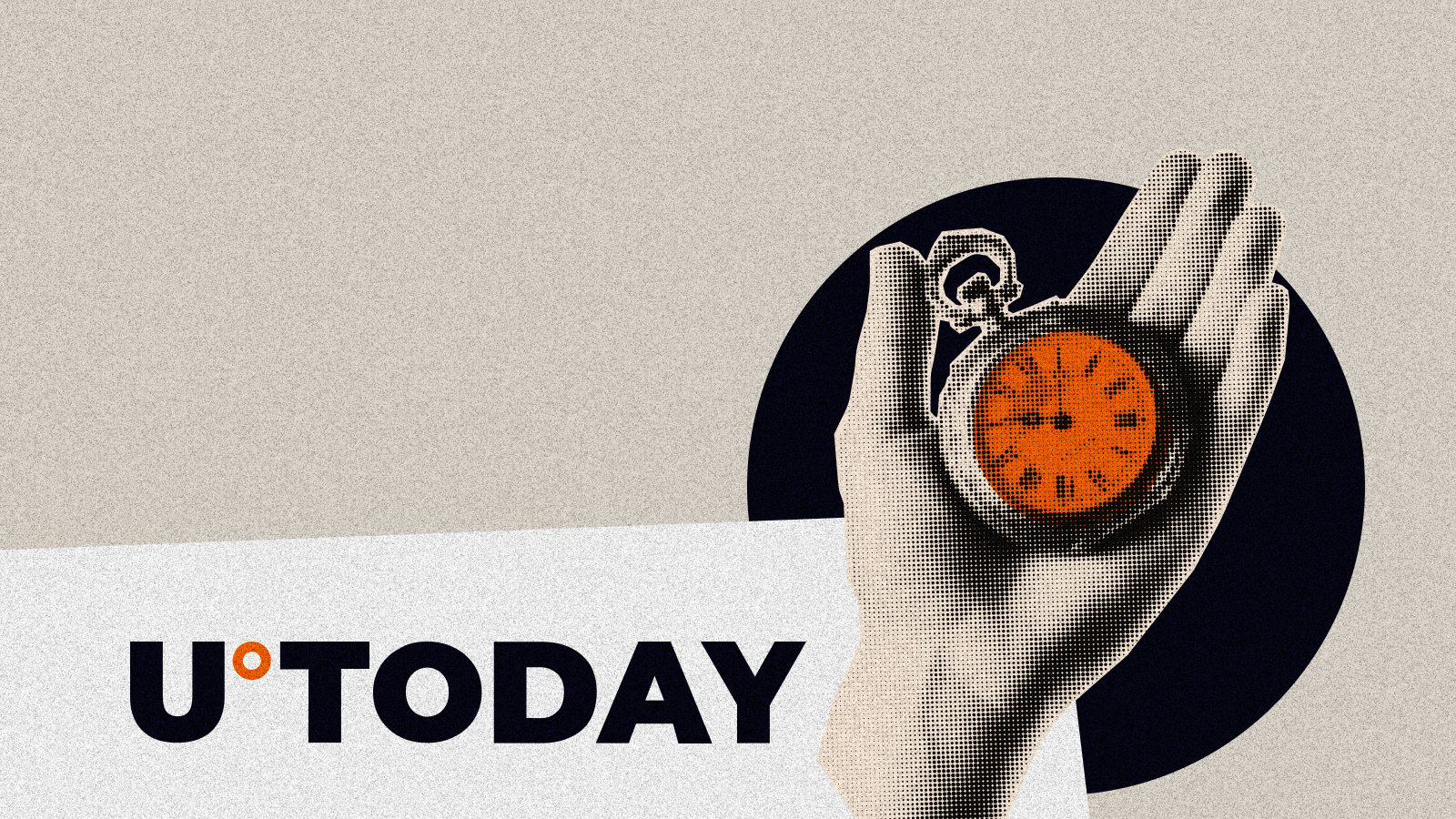
Enforcement actions are still pending regarding the Solana Foundation’s final decision to remove these validators.
What makes this significant?
In blockchain networks, MEV is a crucial problem. By rearranging, adding, or deleting transactions within a block, validators can maximize their profits from blockchain transactions. The Solana Foundation seeks to improve network security and ensure fair processing of transactions by opposing validators who engage in such actions.
As a result, Solana becomes a more attractive platform and helps investors and users gain confidence. Regarding the impact on the market, there is talk that some validators could continue with MEV procedures despite these precautions if they do not have access to specialized tools such as Jito.
However, the Solana Foundation and investors provide a considerable portion of the funding for Solana validators. These parties have the power to affect the actions of validators, possibly prohibiting them from executing MEV.
In the short term, the foundation’s decision may seem too erratic, but at the same time it is clearly a bid to make the network safer and more secure. The long-term benefits will make the entire ecosystem more transparent and trustworthy. Of course, some can easily argue that this decision goes against the spirit of decentralization.
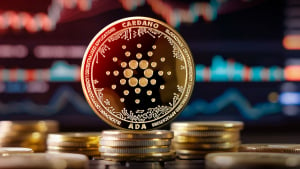
 Alex Dovbnya
Alex Dovbnya